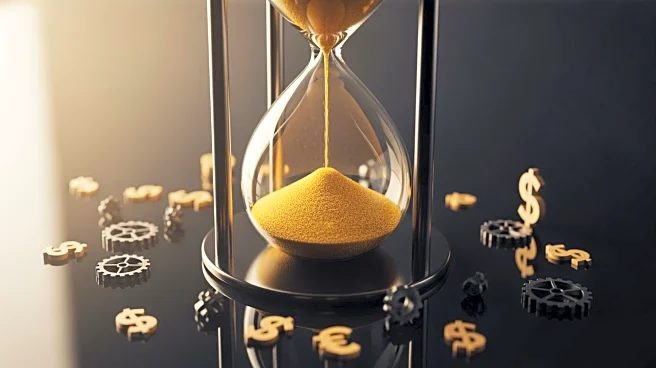Rapid Read • 7 min read
The UN's plastic treaty talks in Geneva have seen the attendance of 234 lobbyists from the oil, petrochemical, and plastics industries, raising concerns about the potential undermining of efforts to curb plastic production. The lobbyists outnumber the combined delegations of all 27 EU member states and exceed the number of scientists and Indigenous peoples present. The Centre for International Environmental Law (Ciel) highlighted the presence of lobbyists on national delegations from several countries, including Egypt and China. The talks aim to address the global issue of plastic production and waste, but negotiations have stalled due to disagreements over production limits and treaty financing. The U.S. appears to align with industry-friendly nations, opposing production cuts despite previous support.
AD
The presence of industry lobbyists at the UN plastic treaty talks could significantly impact the treaty's effectiveness in addressing plastic pollution. With fossil fuel companies central to plastic production, their influence may hinder ambitious measures to reduce plastic output. This situation underscores the ongoing struggle between environmental goals and industry interests, potentially affecting global efforts to manage plastic waste. The U.S.'s stance, siding with industry-friendly nations, highlights the complex dynamics in international environmental negotiations, where economic interests often clash with sustainability objectives.
The negotiations are set to continue, with the aim of reaching an agreement by August 14. However, the entrenched positions of different countries suggest that achieving consensus may be challenging. The death of Ghana's environment minister, a key figure in the talks, could further complicate proceedings. The outcome of these negotiations will be crucial in determining the future direction of global plastic production and waste management policies.
AD
More Stories You Might Enjoy











